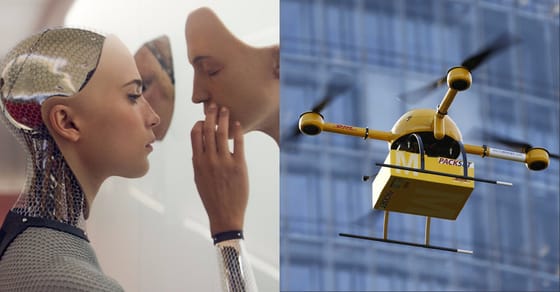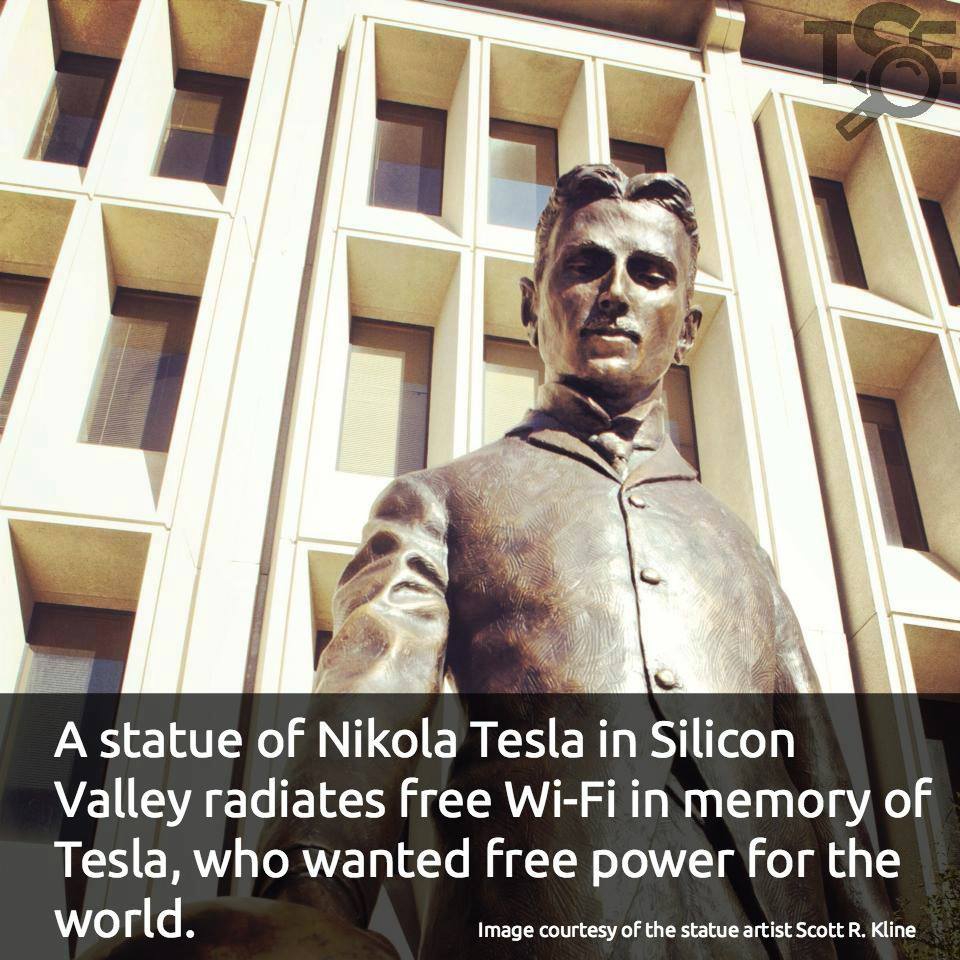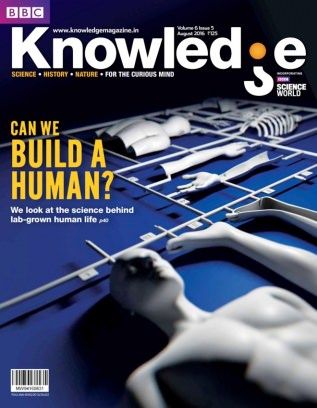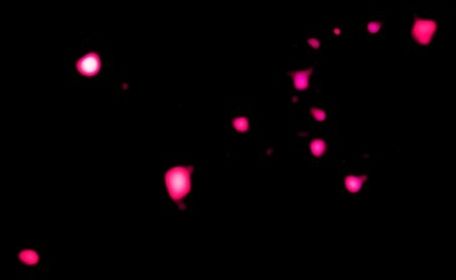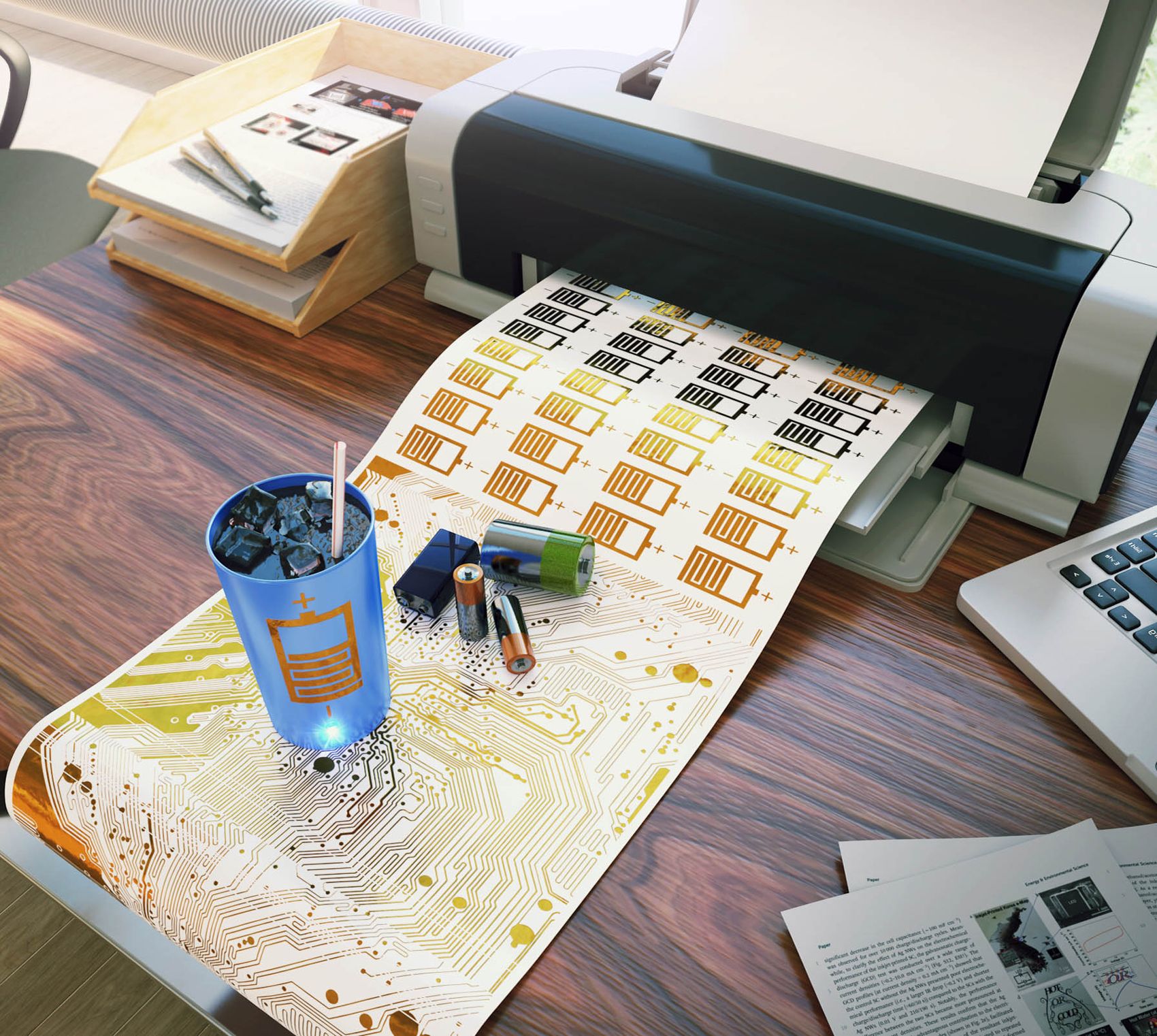Page 11337
Jul 9, 2016
This Is How Americans Believe The World Will Change In The Next 20 Years
Posted by Zoltan Istvan in categories: futurism, robotics/AI
A futurist story out on Guff:
Their predictions for our future are forward-thinking and exciting! — #future, #robots, #science, #predictions
Jul 9, 2016
Cosmologist Paul Davies proposes theory that building blocks of life may not be chemicals but information
Posted by Andreas Matt in category: futurism
Jul 9, 2016
BBC Knowledge Magazine Subscription, Digital Issues on Web, iPad, iPhone, Android, Tablet device, Windows 8 from Magzter
Posted by Shailesh Prasad in category: mobile phones
Get your digital edition of BBC Knowledge Magazine subscriptions and digital issues online from Magzter. Buy, download and read BBC Knowledge Magazine on your iPad, iPhone, Android, Tablets, Kindle Fire, Windows 8, Web, Mac and PCs only from Magzter — The Digital Newsstand.
Jul 9, 2016
NASA’s ‘Dark Matter’ Probe: “Our Milky Way Galaxy is Embedded Within a Vast Sphere of Black Holes” (Weekend Feature)
Posted by Andreas Matt in category: cosmology
“All galaxies, including our own, are embedded within a vast sphere of black holes each about 30 times the sun’s mass,” says Alexander Kashlinsky, an astrophysicist at NASA’s Goddard Space Flight Center.
Jul 9, 2016
IPS Cells & Organoids — Sci-Fi vs Reality
Posted by Karen Hurst in categories: biotech/medical, neuroscience
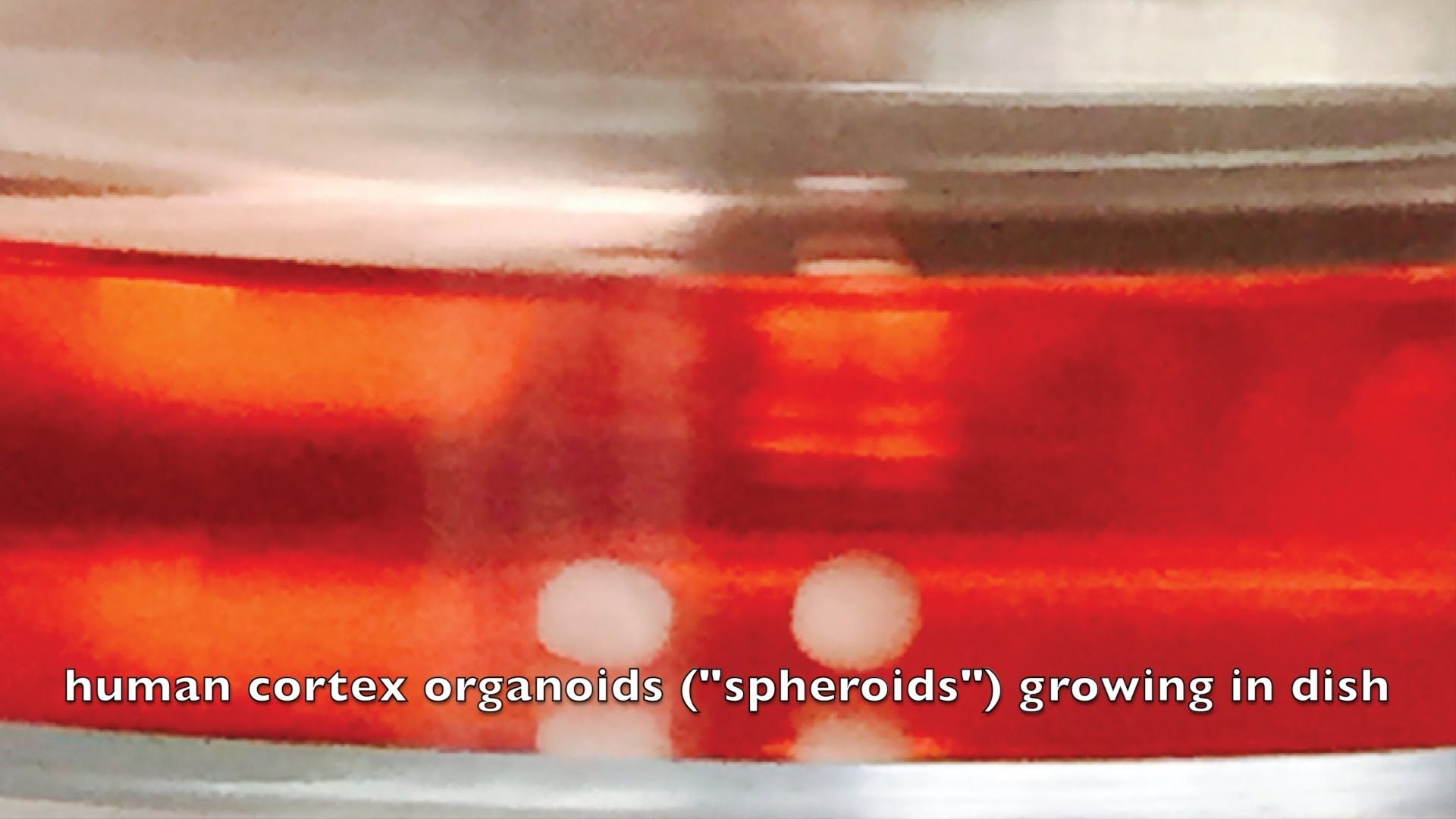
Nice read that places things into perspective.
David Panchision, Ph.D., NIMH program director for stem cell research, discusses the promise of induced pluripotent stem cells and organoids for understanding and treating mental illness.
Continue reading “IPS Cells & Organoids — Sci-Fi vs Reality” »
Jul 9, 2016
Hacking a desktop printer is one way to create flexible electronics
Posted by Karen Hurst in category: 3D printing
Taking your old Inkjet printer and turning it into a semi-3D Printer.
Want to make a smart coffee mug that signals “hot”? A customized printer can make the flexible circuits and supercapacitors you’ll need.
Jul 9, 2016
Microsoft uses BBC Micro Bit and virtual reality to prepare autistic kids for jobs
Posted by Karen Hurst in categories: computing, education, employment, neuroscience, virtual reality
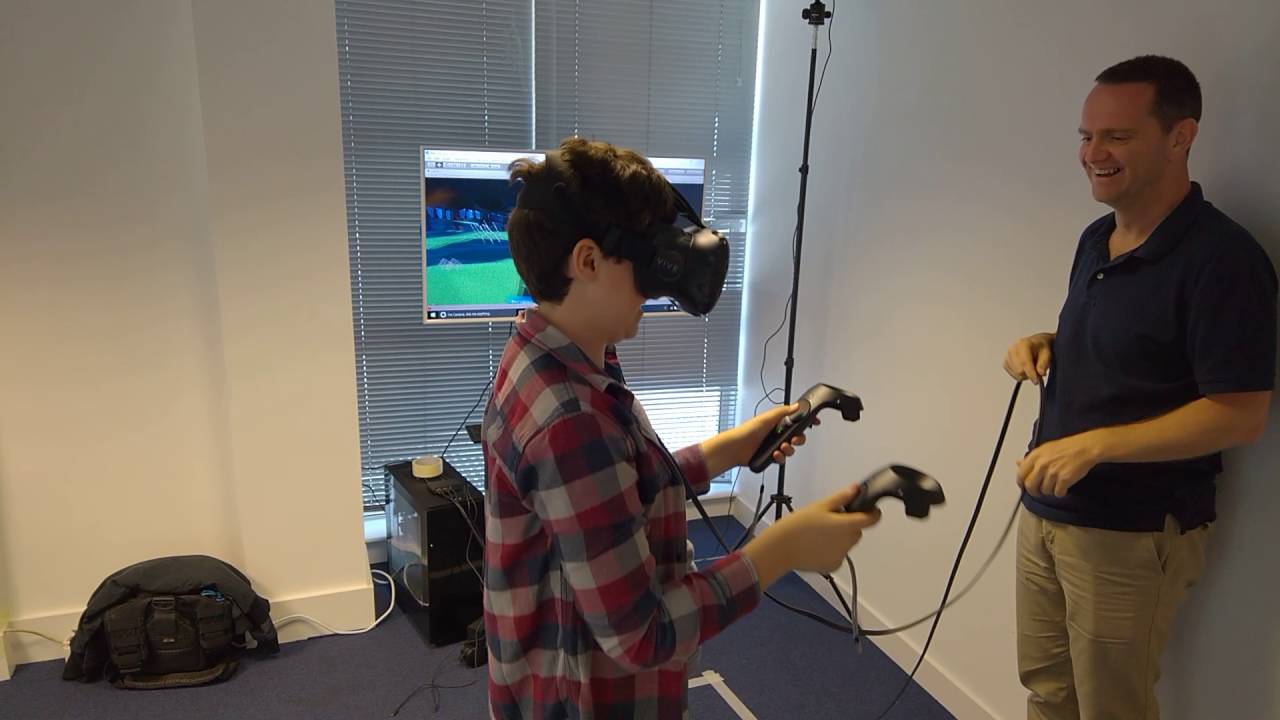
Good work by Microsoft.
Autism is a spectrum disorder, meaning not all people that meet the classification have identical behaviors. Some of these folks are very functional, while others may struggle more to socialize, or not be able to hold jobs.
Jul 9, 2016
Scientists simulate tiny bacteria-powered ‘windfarm’ to power micromachines
Posted by Karen Hurst in categories: computing, mobile phones
A team of scientists from Oxford University has shown how the natural movement of bacteria could be harnessed to assemble and power microscopic ‘windfarms’ — or other man-made micromachines such as smartphone components.
The study, published in the journal Science Advances (“Active micromachines: Microfluidics powered by mesoscale turbulenceence”), uses computer simulations to demonstrate that the chaotic swarming effect of dense active matter such as bacteria can be organised to turn cylindrical rotors and provide a steady power source.
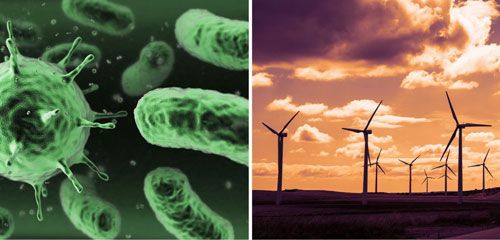
Continue reading “Scientists simulate tiny bacteria-powered ‘windfarm’ to power micromachines” »

